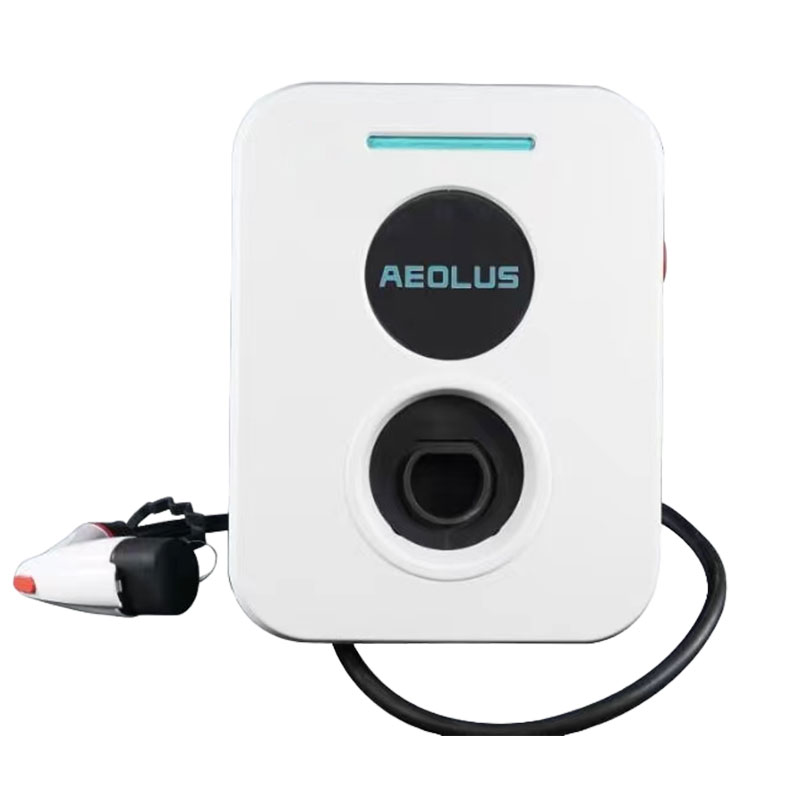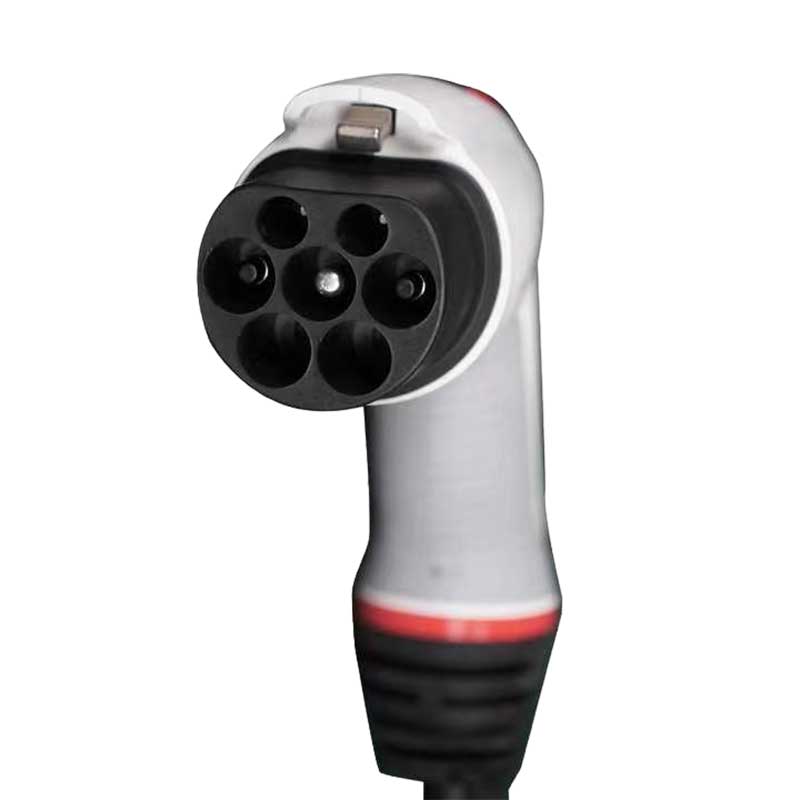AC (alternating current) electric vehicle chargers are typically used in low-power charging scenarios such as homes, workplaces, and some commercial charging stations. They are in compliance with international standards and can meet the requirements of various electric vehicles.
AC Electric Vehicle Charger Design Concept
· Low power output: AC charger design focuses on providing low power output, usually suitable for slow, gradual charging scenarios, such as overnight charging at home or work.
· Charging standard compatibility: AC chargers need to follow international standards to ensure the interoperability and safety of charging equipment. The most common international standards include IEC 61851, J1772 (widely used in North America), and the Type 2 charging standard (widely used in Europe and other regions).
· Simple installation and use: The design of AC chargers should focus on simplifying installation and operation to adapt to scenarios such as home charging and commercial charging stations that do not require complex equipment or special skills.
· Communication and smart functions: AC chargers usually have basic communication functions to monitor charging status and ensure safe charging. Some advanced models also feature remote control and smart scheduling.
What cars can the AC electric vehicle charger charge?
AC EV chargers are suitable for a variety of electric vehicles, especially household electric vehicles and commercial vehicles. 32S AC charger is usually used in the following scenarios:
1. Home charging: AC chargers are suitable for most household electric vehicles, including pure electric vehicles (BEV) and plug-in hybrid electric vehicles (PHEV). They are often used for overnight charging to ensure that an electric car's battery is fully charged between daily uses.
2. Commercial charging: Commercial charging stations usually use AC chargers to provide charging solutions for commercial electric vehicles, electric taxis, and fleet management. These chargers are used for short-term parking and charging scenarios.
• Highway gas / service station • Parking garage • Commercial operators • EV infrastructure operators and service providers • EV dealer workshops
32S AC EV Charger Features
▶ Ideal choices for residential community and commercial EV charging
▶ Optional wired/wireless connection for back office management
▶ Convenient operation of plug and charge
▶ Input: 200Vac~240Vac
▶ IP67 rated for indoor/outdoor applications
▶ Firmware updates through remote connection
▶ SAE J1772 (Type 1) or IEC 62196-2(Type 2)




Leave a Reply
Your email address will not be published. Required fields are marked *